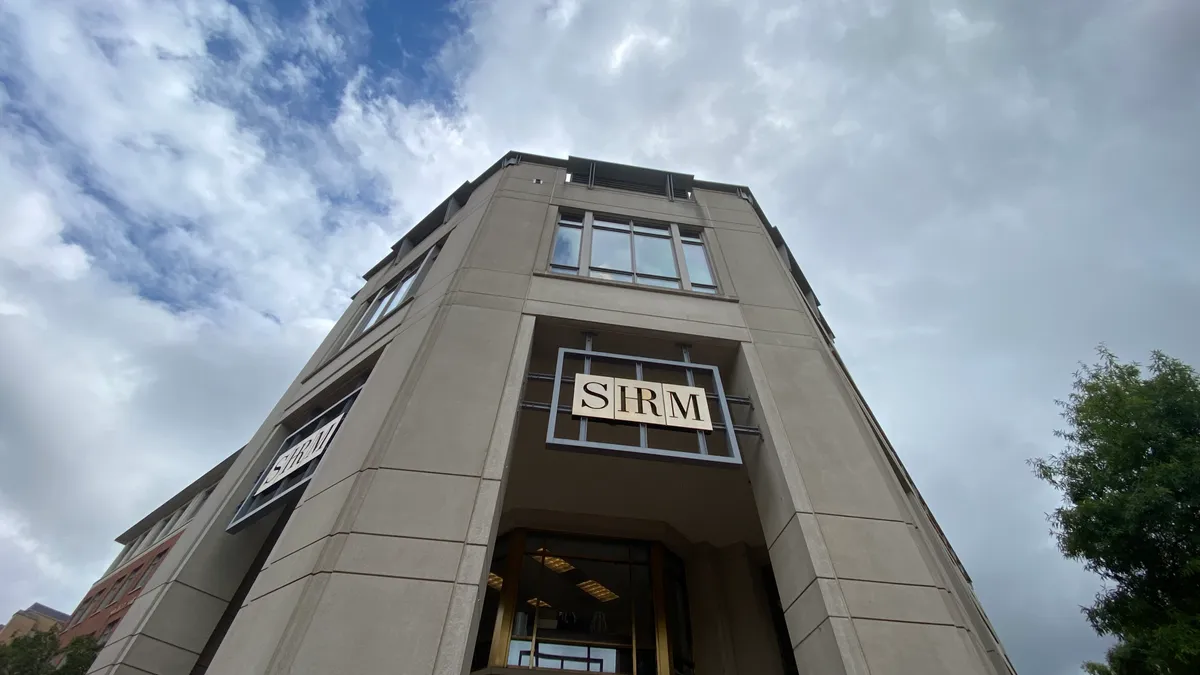President Donald Trump’s targeting of private-sector DEI initiatives during his first week in office doesn’t mean employers should abandon diversity efforts, according to SHRM; instead, it's “an opportunity to evaluate and elevate,” Emily Dickens, chief of staff, head of government affairs and corporate secretary for SHRM, said in a media briefing Friday morning.
SHRM convened the briefing to discuss seven executive orders that touch on workplace topics, including one issued Tuesday that directed agency heads, in cooperation with the attorney general, to develop a plan to discourage “illegal discrimination and preferences, including DEI.”
Dickens, who described herself as “tired” given the week’s onslaught of changes, nevertheless struck a positive note regarding the order, suggesting it would serve as a chance to review practices and ensure companies are balancing inclusion with compliance, especially Title VII of the Civil Rights Act of 1964. Initiatives should be “assessed,” with “adjustments made where necessary,” Dickens said.
Businesses “should prepare for inquiries about maintaining detailed documentation of your practices, compliance efforts and your rationale,” Dickens said. “Things happen every day where there are new ideas and new initiatives that are enacted quickly. Make sure that you go back and vet everything.”
Leaders have a particularly important role to play as this evaluation occurs, Dickens said. They should proactively communicate and “establish cross-functional task forces to oversee policy reviews, ensure alignment with the EO and guide strategic decision-making.”
SHRM’s message that DEI is not dead, just being firmed up, aligns with some other corporate interpretations of the order. The Conference Board published a “quick take” on Thursday, for example, suggesting companies that have been “faithful to the core intent of DEI” are “unlikely to attract legal challenges.”
Beyond DEI
In addition to the private-sector DEI order, Dickens touched on several other orders’ implications for businesses, including one intended to “enhance America’s global AI dominance.” She said that initiative is expected to provide reskilling and job training opportunities and create jobs in association with the recently announced Stargate project.
On the other hand, an order intended to beef up national security and thwart terrorist threats is likely to hamper HR operations, Dickens said. “We’re seeing enhanced vetting and screening [that] could impact the hiring process for businesses employing foreign nationals, and there are likely to be longer processing times for visas and work permits, affecting the ability to hire international talent, and potentially leading to workforce shortages in certain industries.”
Dickens recommended employers conduct regular audits of I-9 forms, monitor agency updates for I-9 forms or temporary measures, and build in extra time to the hiring process to accommodate necessary vetting.














